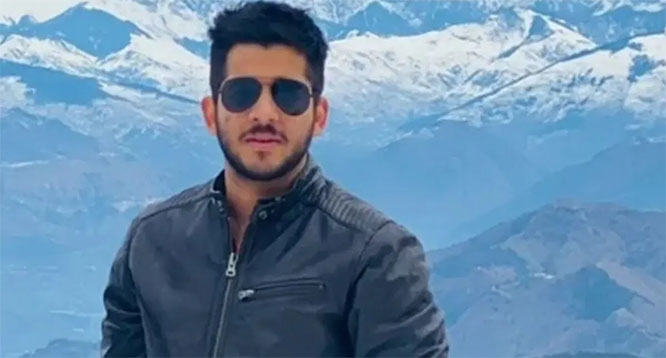
Waves of looting, rapes and massacres since the mostly Muslim Seleka rebels seized power in March have displaced more than 700,000 people in the poor, landlocked country and revived memories of the 1994 genocide in Rwanda.
France has deployed 1,600 troops under a UN mandate to protect civilians and support an African Union peacekeeping mission, following an escalation of the violence in early December in which hundreds of people were killed in Bangui.
A semblance of calm had returned to the ramshackle riverside capital in recent days but fighting raged for several hours in the Muslim neighborhoods of PK 5 and Fatima early on Friday following attacks by Christian militias known as anti-balaka.
“They tried to attack other parts of the city and even made an attempt to reach the center of the town,” Guy-Simplice Kodegue, a spokesman for the interim government, told Reuters.
At a summit in Brussels, France's President Francois Hollande appealed for help from European Union partners to restore order in the nation of 4.6 million people.
He said EU foreign policy chief Catherine Ashton would propose options for a joint European mission, to be decided in late January. Poland had already sent 50 airmen to operate a C130 transport plane while Britain, Germany, Belgium, Spain and Holland were providing logistical support, he said.
“I am not asking that troops come to take part in military actions,” Hollande said. “What we need is a presence for specific missions such as protecting the airport, helping security, medical and humanitarian assistance.”
The United States has pledged up to $100 million to support the African Union peacekeeping mission with equipment, training, and logistical support.
President Barack Obama, however, has stopped short of offering to send US troops or voicing strong public support for a possible UN peacekeeping mission.
Three Seleka fighters were shot dead in central Bangui on Friday after one pulled out a grenade at a checkpoint when African Union peacekeepers tried to disarm them. A Congolese soldier was injured in the firefight.
The spokesman for the African Union peacekeeping force MISCA said a Chadian peacekeeper had died of his wounds after an attack on a patrol on Thursday.
MISCA says it has disarmed several thousand Seleka fighters and returned them to barracks. France's Defense Minister Jean-Yves Le Drian told TV5 Monde on Friday that French forces were disarming both sides, anti-balaka and Seleka, indiscriminately.
Under the terms of a UN resolution passed on Dec. 5, France hopes to hand over responsibility to security to the MISCA force in six months. The African Union force is due to reach 6,000 troops by the end of January.
“We could even foresee that force going up to 9,000,” said Hollande, who has repeatedly called on African nations in recent months to deal with their own crises as France seeks to shed its image as the continent's policeman. Paris still has nearly 3,000 troops sent to Mali to fight Al-Qaeda-linked militants.
Rwandan Foreign Minister Louise Mushikiwabo said on her Twitter feed Rwanda was preparing to send troops, after the African Union asked it to participate.
Rwanda has been a strong supporter of a peacekeeping mission in the Central African Republic, where the religious and ethnic violence has stirred memories of Rwanda's own 1994 genocide in which 800,000 Tutsi and moderate Hutus were killed.
The World Food Programme flew an emergency shipment of food and supplies to Bangui on Thursday evening, after temporarily halting flights because of violence in the capital.
With more than 700,000 people displaced by the fighting in Central African Republic, WFP has warned of an impending food crisis. It said on Friday it was preparing to feed more than a million people there next year.







Comments
Add new comment